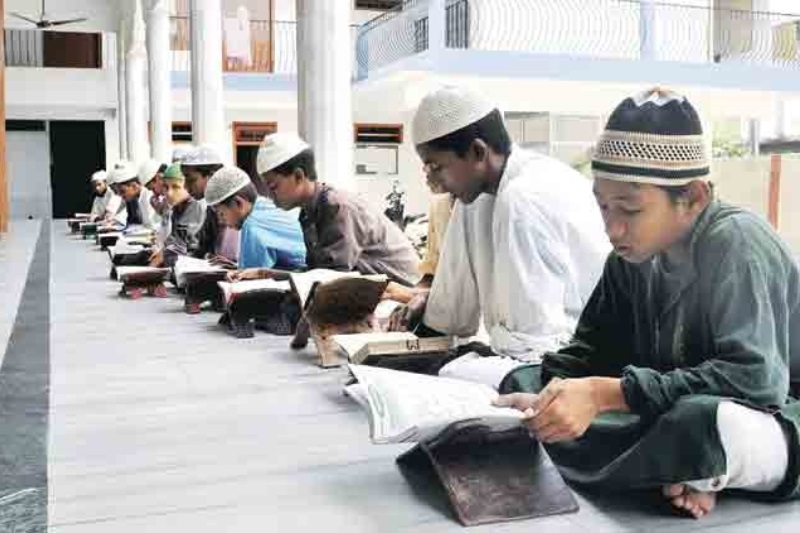- Sponsored -
NMCME vouches for bringing all Madrasas under one board

The National Monitoring Committee for Minorities’ Education has proposed a plan of capturing the details of many unregistered Madrasas in the country so that it can set up a national-level board and increase the standards of Madrasa education, reported PTI on Monday.
- Sponsored -
NMCME, which is a part of the Human Resource Development ministry wants to set up a national level Madrasa board with a suitable system of accreditation to ensure the academic standards of students studying in those institutions.
“There are two types of madrasas, one which is ‘registered’ which are roughly 20 percent and the other one are ‘unregistered’ which are around 80 percent. All the data which the government is having is based on registered madrasas,” a panel member of the NMCME Afzar Shamsi was quoted as saying by the news agency.
Also Read: Kerala: Madrasa expels girl for sporting bindi on her forehead
There is a need to capture the details of the unregistered madrasas and bring them within the ambit of registration so that a clear picture is available,” he added.
Many Madrasa boards have turned defunct and while some states still have these boards, many states like Maharashtra do not have any of these boards, said Jamshid Khan another member of the panel.
“It is suggested that there should be an all-India level madrasa board with a suitable system for accreditation to ensure academic standards,” he said.
Meanwhile, another member Suman Kumar spoke about the things that could be done to improve the current state of Madrasa educational institutions. “Madrasa should be linked with skill development council. In order to facilitate the spread of information amongst the madrasas besides making it available on the website, there should also be a move to spread an awareness campaign in their areas in which we members can contribute.”
The NMCME, chaired by Union Human Resource Development Minister Prakash Javadekar, consists mostly members nominated by the state governments, Lok Sabha, Rajya Sabha. It also has many academics, activists, administrators all of whom are concerned with minority issues.
The panel’s main function is to monitor the education and development of minority people and their communities.
- Sponsored -
